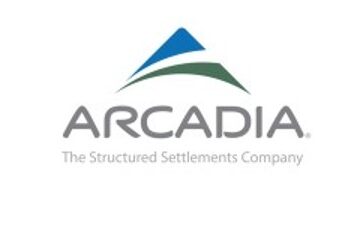The Occupational Safety and Health Administration recently issued a final rule establishing procedures and time frames for handling employee retaliation complaints under the National Transit Systems Security Act and the Federal Railroad Safety Act. The final rule became effective Nov. 9, 2015.
callout style=”border: 3px solid rgba(0,0,0,0.4);”]
Click Link to Access Free PDF Download
“The 5Cs to Taking a Bulletproof Injured Worker Recorded Statement”
[/callout] <!– END BIG BULLETPROOF CALLOUTNTSSA establishes protections against retaliation for public transportation agency employees who engage in whistleblowing activities related to public transportation safety or security.
FRSA provides protections against retaliation for railroad carrier employees who report a work-related injury or engage in other whistleblowing activities related to railroad safety or security. These protections extend to employees of contractors and subcontractors who do work for public transportation agencies and railroad carriers.
Both provisions were enacted by the 9/11 Commission Act of 2007. FRSA was amended in 2008 to prohibit railroad carriers from denying, delaying or interfering with employees’ medical or first aid treatment. The FRSA amendments also require that injured employees be promptly transported to the nearest hospital upon request.
“Railroad workers have the right to report injuries and to follow their doctor’s treatment plans for injuries sustained in the course of their employment without fearing that they will be retaliated against,” said Assistant Secretary of Labor for Occupational Safety and Health Dr. David Michaels. “Railroad and public transit agency workers must never be silenced by the threat of losing their job when their safety or the safety of the public is at stake.”
In 2010, OSHA published an interim final rule and requested public comments. The final rule responds to the comments, incorporates recent case law under the statutes and updates the rules to improve both employees’ and employers’ access to information about the case during OSHA’s investigation and their ability to participate in OSHA’s investigation.
OSHA enforces the whistleblower provisions of 22 statutes protecting employees who report violations of various securities, commercial motor vehicle, airline, nuclear power, pipeline, environmental, rail, maritime, health care, workplace safety and health, and consumer product safety laws and regulations. For more information, please visit www.whistleblowers.gov
Author Kori Shafer-Stack, Editor, Amaxx Risk Solutions, Inc. is an expert in post-injury response procedures and part of the Amaxx team helping companies reduce their workers compensation costs by 20% to 50%. www.reduceyourworkerscomp.com. Contact: kstack@reduceyourworkerscomp.com.
©2014 Amaxx Risk Solutions, Inc. All rights reserved under International Copyright Law.
WORK COMP CALCULATOR: http://www.LowerWC.com/calculator.php
MODIFIED DUTY CALCULATOR: http://www.LowerWC.com/transitional-duty-cost-calculator.php
WC GROUP: http://www.linkedin.com/groups?homeNewMember=&gid=1922050/
SUBSCRIBE: Workers Comp Resource Center Newsletter























